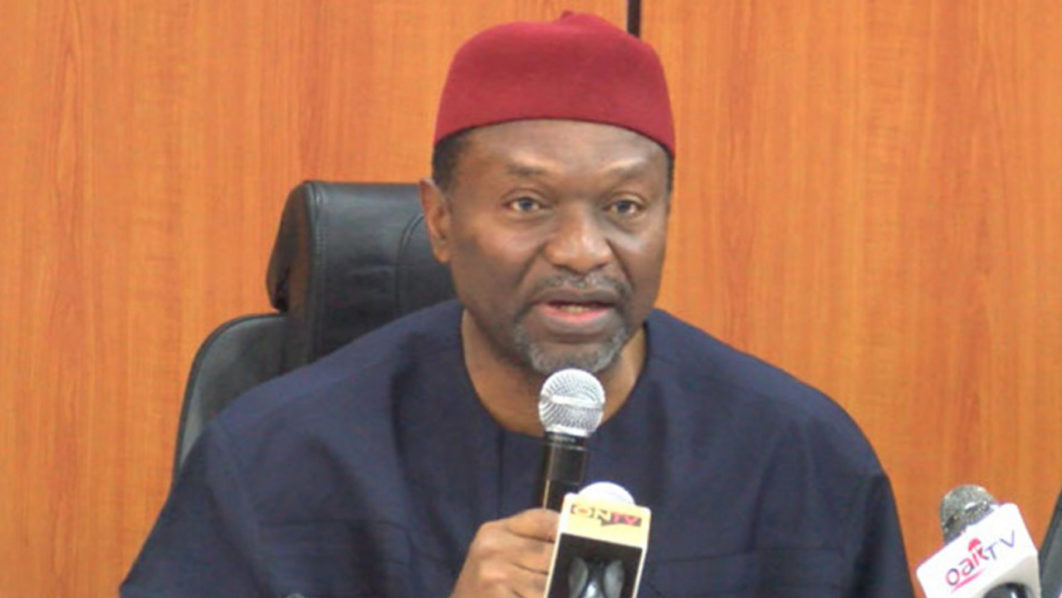
For 2017, the Federal Government has proposed a budget of N6,866,335,052,740.
The Presidency which formally informed the National Assembly of the proposal yesterday also disclosed that it would set up a $25 billion Infrastructural Development Fund as a means of attracting non-budgetary resources to fund its development projects.
This information was contained in the 2017 to 2019 Medium Term Expenditure Framework (MTEF) and Fiscal Strategy Paper (FSP) sent to the National Assembly for approval yesterday.
According to the document, the country’s debt stock was N16.3 trillion ($61.45 billion) as at June 30, 2016.
The document also showed that in adherence to the three per cent threshold set out in the Fiscal Responsibility Act 2007, the 2017 fiscal deficit was projected at N2.7 trillion in nominal terms.
The government projected $42.5 per barrel and 2.2 million barrel per day for crude oil production, despite the volatility in global oil prices, as well as $45bpb and $50bpb for 2018 and 2019 with oil production benchmark of 2.3 million and 2.4 million barrels per day for the same period.
The country’s “Oil and gas sector is expected to rebound with an average growth rate of 9.69 per cent during the period. The year-on-year inflation rate is projected at 12.92percent for 2017 and 12.57 per cent for 2019.
“The nominal GDP is expected to increase from N108, 735 billion for 2017 to N129,773 billion for 2019. Similarly, private consumption expenditure is projected to grow from N80,048 billion for 2017 to N91,955 billion for 2019.
“These are important revenue projections, in addition to enhancing the capacity of the government to increase spending on core social and economic programmes during the MTEF period,” the documents read in part.
The aggregate revenue to fund the 2017 budget, according to the budget framework, is expected to increase over the 2016 estimate of N3.855 trillion by about eight per cent or about N313billion. Thirty-three percent of the amount is expected from oil sources while the balance is derivable from non-oil sources in consonance with the government’s renewed focus on diversification of its revenue base.
The recurrent (non-debt expenditure) and capital payments are being projected to increase in nominal terms by N217.42 billion and N177.6 billion in 2017 over the 2016 estimate.
On the risks to the Medium-Term Outlook, the document states: “The Nigerian economy has remained susceptible to a number of recurring risks and persistent shocks. These risks have posed setbacks to government finances, constrained economic growth and consequently, slowed the pace of achieving development objectives. These shortcomings have been carefully considered in designing the Medium Term Strategy.”
The Federal Government proposed a total sum of N1.3 trillion as oil revenue to fund the 2017 budget. This includes N14 billion from NLNG dividend, N1billion from share of minerals and mining, while non-oil revenue is projected at N1.5 trillion.
Other sources of revenue, according to the MTEF, are: Independent revenue, N1.2 trillion; Federal Government’s share of actual balance in special accounts, N6.5 billion; government’s balances in special levies accounts, N9 billion; and government’s unspent balance of previous fiscal years, N50 billion.
The document also revealed that vote for the amnesty programme was increased from N20 billion in 2016 to N65 billion in 2017, debt servicing increased from N1.326 trillion in 2016 to N1.639 trillion in 2017, while the special intervention programme (recurrent) was raised from N300 billion to N350 billion.
The government noted that the forex policy was revised in its bid to accommodate the pressures on the reserves which is about $26.36 billion and allow effectiveness of fiscal adjustment.
END

Be the first to comment